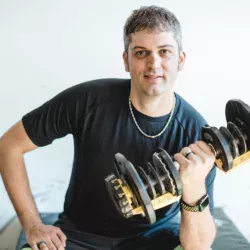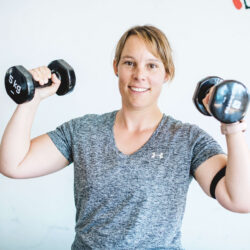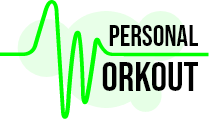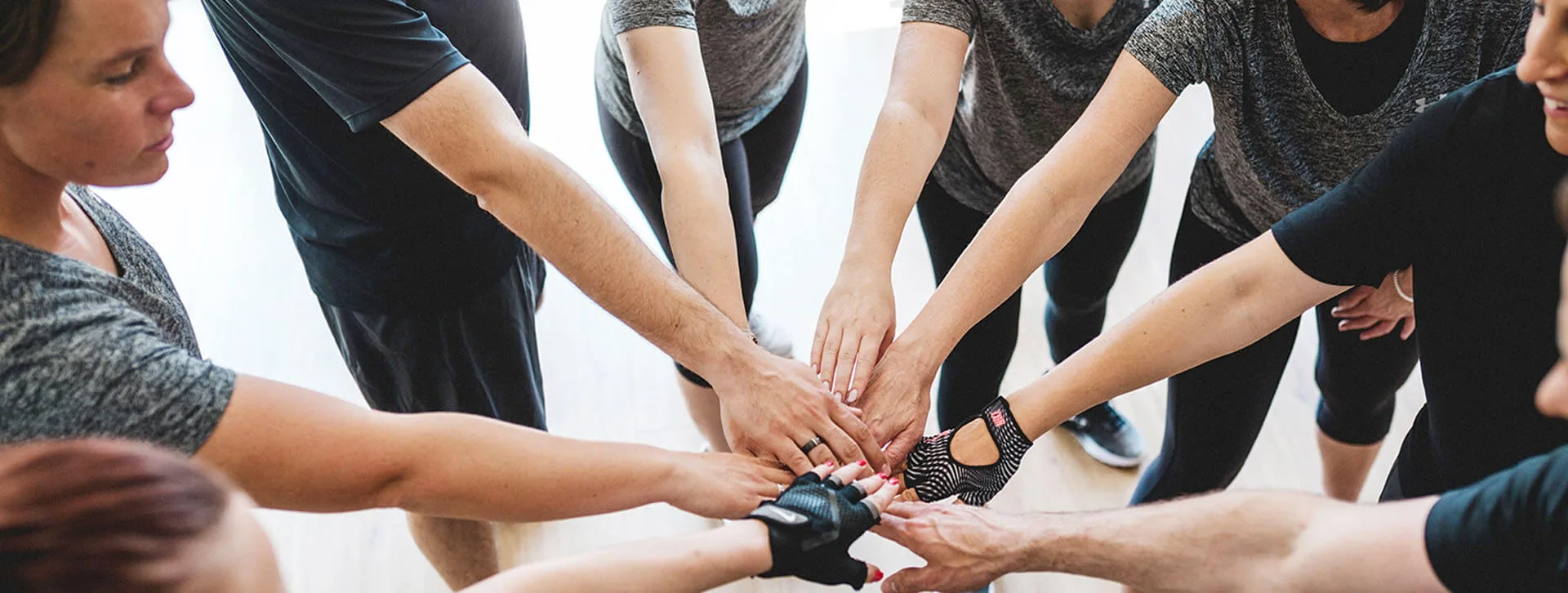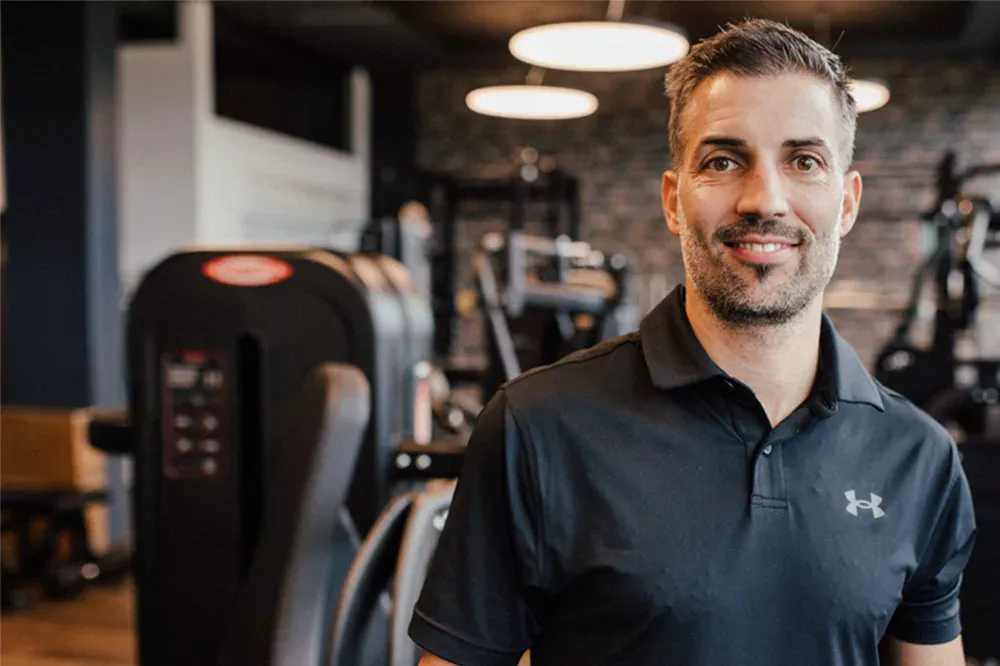What are neurotransmitters and how do they benefit your fitness goals?
The first time I came across the word “neurotransmitter” was in high school. The second time was at the University of Bern during my biology studies. The third time was at a YPSI seminar with Wolfgang Unsöld. This could not have been a coincidence and was reason enough to find out more. In this blog post, I would like to give a brief overview of neurotransmitters to anyone who is interested.
Neurotransmitters are messengers that communicate between nerve cells
I don’t want to go into much more detail on a biochemical level than the title suggests. The gaps between nerve cells, called synapses, have to be bridged with chemical messengers because the electrical signals cannot “jump” over them.
As you can imagine, such messengers are not entirely unimportant in a being with over 100 trillion synapses. But what do they have to do with fitness?
Neurotransmitters control basic processes in the body
Of the 100 or so known neurotransmitters, 4 are particularly important:
- Acetylcholine: essential for attention and memory. Deficiency is rare.
- Serotonin: the feel-good neurotransmitter. A deficiency can lead to depression, mood swings, and sleep problems.
- GABA: shuts down the system. Restlessness, stress, anxiety, and insomnia can be signs of deficiency.
- Dopamine: Often referred to as the “happiness hormone,” dopamine is important for motivation and success.
In traditional Chinese medicine, serotonin (water) and gaba (metal) are associated with yin, while dopamine (fire) and acetylcholine (wood) are associated with yang.
Genes influence the production and use of neurotransmitters
A few years ago, I did a SNP test (there are several providers on the Internet). Your DNA is determined via saliva and SNPs like COMT, MTHFR, MAO and other gene variants are identified. Depending on which variant of which gene you have, certain substances are needed more often than others because they are used up more quickly or produced at a lower rate. An example:
The COMT gene produces 2 enzymes that control levels of catecholamines (including dopamine). Depending on the variant, dopamine is broken down more slowly. People with such gene variants are always “under power”, mentally and physically “ready” and productive. They tend to need less sleep, sweat easily, and can’t do yoga. They have a high consumption of micronutrients. In all people, metals such as mercury inhibit the COMT gene.
Drugs, medications and supplements act at the neurotransmitter level
Drugs and medications act specifically on neurotransmitters, usually by stimulating their release or slowing their breakdown.
Cocaine acts on dopamine, amphetamines and nicotine on acetylcholine, cannabis on GABA, and alcohol on serotonin (as do antidepressants).
Supplements are not nearly as potent as drugs and are not addictive, but they can affect neurotransmitter levels. In most cases, they simply provide the building blocks or raw materials for them, and are often amino acids.
Below are 2 illustrations of the production of the neurotransmitters serotonin, dopamine and GABA.
By the way, L-tryptophan is increased by insulin, so carbohydrates are indirectly a good source for serotonin production.


Sources below
How does lack or excess affect your fitness goals?
As a regular reader of our blog, you know that things like motivation or sleep disturbances have a significant impact on achieving your fitness goal. Here’s a little more detail:
Serotonin is the precursor to the sleep hormone melatonin (see chart above), and 95% of it is produced in the gastrointestinal tract. Sleep is central to achieving your fitness goal, whether it’s losing weight or building muscle. Cortisol, which is increased during stress, blood sugar fluctuations, and inflammation, depletes serotonin and disrupts your sleep-wake cycle. Intestinal and digestive problems do the same.
GABA has a significant influence on your HRV and all related values.
Dopamine helps you “push through” your training and diet. Tyrosine is a precursor. The thyroid also needs tyrosine. Tyrosine is mainly obtained from protein-rich foods such as meat and dairy products.
Choline, the building block of acetylcholine, is found in many foods. The highest levels are found in eggs. Staying focused during exercise improves the quality of your workout and helps prevent injuries.
How do you know if you have a deficit?
The symptoms described above may be the first signs of a deficiency. Our medical history, which is part of all our 90 Day Challenges, also includes several questions to find out if you have a deficiency. Last but not least, urine tests can provide more accurate information.
We hope this has been a brief and clear introduction to the topic and welcome any feedback or further interest. Here you can download the Ultimate Diet Guide with results for free (GERMAN)
SOURCES
- Unterlagen YSPI Seminar Advanced Neurotransmitter
- https://www.heilpraktiker-loerrach.de/news/files/category-hormone.html
- https://www.praxis-posdzech.de/themen/benommenheit_und_konzentrationsstoerungen.htm
Challenge of the Month
What Clients Say

